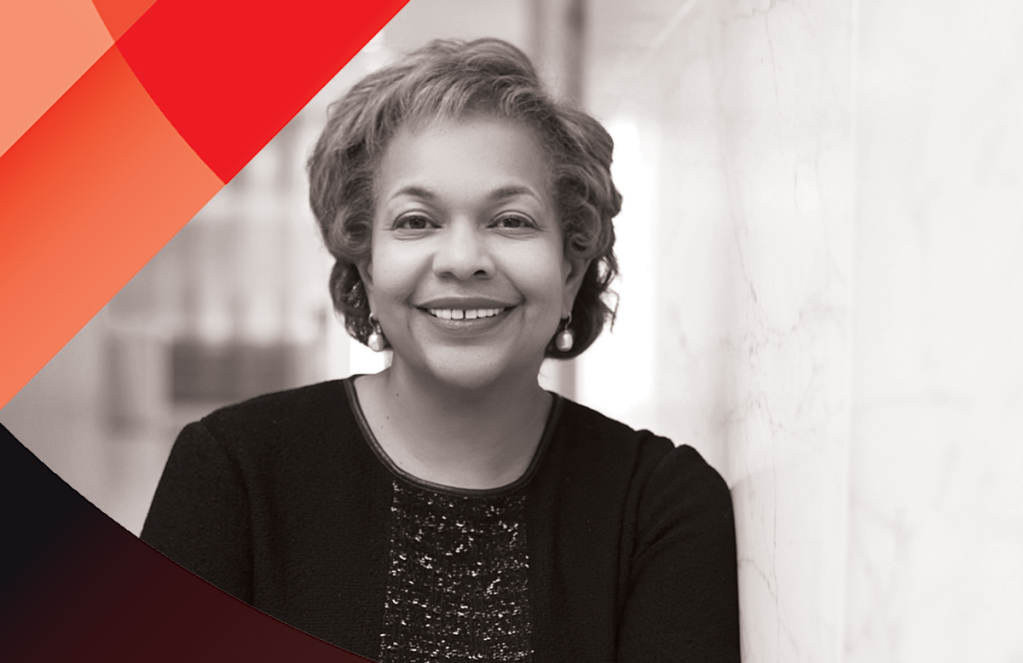Following a chorus of complaints from the mortgage industry, the Federal Housing Finance Agency (FHFA) on Wednesday announced that it would delay the implementation of a new and controversial upfront fee on Fannie Mae and Freddie Mac borrowers with higher debt-to-income ratios.
The upfront pricing fee on DTI ratios of 40% or more – part of a larger series of changes to the Enterprises’ pricing grids – was slated to go into effect on May 1, 2023.
“FHFA has decided to delay the effective date of the DTI ratio-based fee by three months to August 1, 2023, to ensure a level playing field for all lenders to have sufficient time to deploy the fee,” FHFA Director Sandra Thompson said in a statement Wednesday. “In addition, lenders will not be subject to post-purchase price adjustments related to this DTI ratio-based fee for loans acquired by the Enterprises between August 1, 2023, and December 31, 2023.”
In January, the FHFA made a series of changes to LLPA fees with a revamped LLPA matrix that differentiates pricing by loan purpose, with grids for purchase loans, limited cash-out refi loans, cash-out refinance loans. Such changes prompted pushback from the National Association of Realtors and the Mortgage Bankers Association that it could hurt middle-wealth homebuyers and increase overall pricing.
No fee elicited a stronger response than the new DTI requirement. Lenders argued they would not be able to accurately determine a borrower’s actual income before rates had to be locked, and the timeline didn’t allow them to change terms of the loan if new information came in later in the process.
“The timing of these changes is especially troubling given current stressed housing market conditions already making affordability a challenge, and the fast-approaching peak homebuying season,” Bob Broeksmit, president and chief executive officer of MBA, said in a letter sent to FHFA director Sandra Thompson last month.
Other LLPA changes make permanent reduced or eliminated fees for first-time homebuyers as well as borrowers with low and moderate incomes. Borrowers with lower credit scores but strong down payments also fare better with the new pricing grids.
Beside the new DTI fee, critics in the mortgage industry noted big increases in LLPA fees for most “cash-out” loans. Investors will pay higher fees as well, per the new pricing matrix. The middle-of-the-road borrower is also going to be socked with higher fees. With the FHFA creating new bands for borrowers at the highest tiers, borrowers with FICO scores between 720-739 and 740-759 will pay more in LLPA fees — sometimes thousands of dollars more.
On Wednesday, the Community Home Lenders Association, which represents smaller lenders, said Thompson did the right thing in delaying implementation of the DTI rule, the industry’s biggest bugbear.
“This delay will give IMBs more time to adjust to the complications created by this DTI pricing differential, and we continue to call on FHFA to reconsider this fee hike,” Scott Olson, the group’s executive director, said in a statement.
Still, Olson said the FHFA should consider a full repeal of the DTI fee.






